Household gas Tk 175 pricier
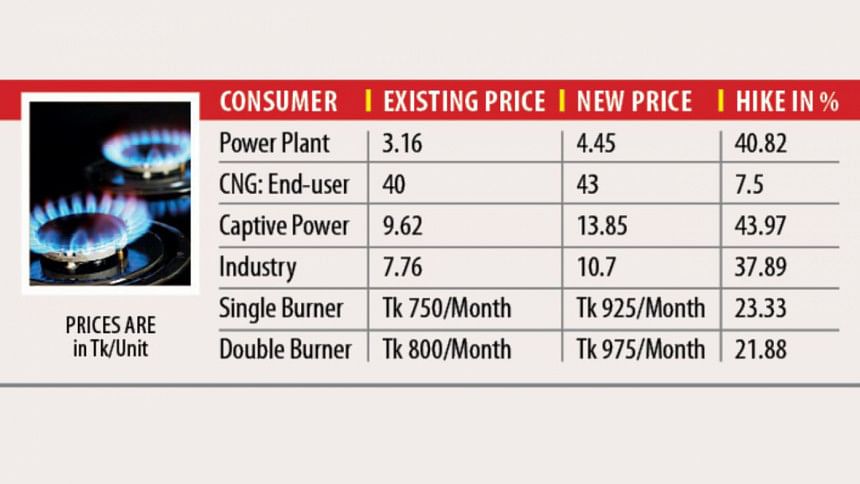
Households have to pay Tk 175 more for gas from this month, as the energy regulator yes-terday raised tariff for all users, saying the move would help the government bear the expenses of importing liquefied natural gas.
According to the new rates, households using a single burner will pay Tk 925 instead of Tk 750 a month. Those using a double burner will pay Tk 975 in place of Tk 800.
With this, gas tariff for households has more than doubled in the last decade.
Gas price was last hiked in June 2017.
This time, gas tariff for power plants has been increased by 40.82 percent, for fertiliser factories 64.21 percent, for Compressed Natural Gas users 7.5 percent, for captive power plants 43.97 percent, for industries 37.89 percent, for tea estates 44.20 percent, for commercial users 34.98 percent, and for households using burners on metres 38.46 percent.
The weighted average gas tariff for all users, including households, industries and businesses, will rise by 32.8 percent.
Monowar Islam, chairman of Bangladesh Energy Regulatory Commission (BERC), announced the price hike at his office in the capital yesterday.
He said the move would help the government bear the expenses of LNG import.
The government is spending about Tk 35 for each cubic metre of imported LNG, while the cost of locally produced gas is only about Tk 5, the BERC chairman said.
Bangladesh started importing LNG from August last year to alleviate energy shortage, largely caused by the depletion of domestic reserves, no new discoveries and rising demand.
Consumer rights groups and several political parties slammed the hike, saying the general public would suffer due to the increase in gas prices.
M Shamsul Alam, energy adviser to Consumers Association of Bangladesh (CAB), said the price hike would push up costs of electricity and fertiliser production.
The hike comes several months after state-run Petrobangla and its distribution companies demanded that the BERC raise the gas prices to Tk 12.19 per cubic metre.
In January, all six gas distribution companies -- Titas, Bakhrabad, Jalalabad, Pashchimanchal, Karnaphuli, and Sundarban -- had proposed the hike, saying their production costs increased following the blending of LNG with locally produced gas. The price of blended gas stands at Tk 12.60 per cubic metre.
The BERC yesterday said the revenue requirement for the distributors will be Tk 43,840 crore in fiscal 2019-20. If the price was unchanged, they would be able to earn only Tk 25,110 crore, leaving a deficit of Tk 18,730 crore.
Of the amount, the government will provide Tk 7,690 crore and the BERC’s Energy Security Fund Tk 2,420 crore.
BERC Member Mizanur Rahman said the tariff was fixed assuming that 850 million cubic feet (mmcf) of gas would come from LNG and 2,500 mmcf from local sources every day.
At present, two floating storage and re-gasification units, respectively owned by Summit LNG of Bangladesh and Excelerate Energy of the USA, are supplying 650 mmcf a day.
The supply will rise to 850 mmcf from this month, according to the BERC chairman.
The commission withdrew the existing minimum charge and kept unchanged the tariff rate for micro and cottage industries under commercial user categories.
BURDEN ON PEOPLE
At a public hearing in March, experts, consumer right groups, industrialists, trade bodies and left-leaning politicians also slammed the proposal from the distribution companies.
Shamsul Alam yesterday said electricity and fertiliser used to be affordable because the gas used by power plants and fertiliser factories was not expensive.
But now, their production cost will rise, which will hit farmers, he added.
Despite the LNG import, the actual demand of industries would not be met fully and they will continue to face gas shortage. The increase in gas prices for captive power plants will deal another blow to industries. As a result, their production cost will rise, noted the energy adviser to CAAB.
“The new hike will only intensify the crisis in the energy sector.”
In a statement, BNP Secretary General Mirza Fakhrul Islam Alamgir termed the government decision illogical and anti-people, and said it would destroy livelihood of people.
Several left-leaning political parties also criticised the government for the move.
The Workers Party of Bangladesh described the gas price hike as illegal, and said it would be a burden on people.
“Gas prices have been hiked to put the government’s burden of corruption on the general public,” the Left Democratic Alliance said in a statement.
The Bangladesh Samajtantrik Dal (BSD) said the tariff was hiked overlooking the consumers’ interest.
The Communist Party of Bangladesh and the BSD will stage demonstrations in front of the Jatiya Press Club today, protesting the price hike.

 For all latest news, follow The Daily Star's Google News channel.
For all latest news, follow The Daily Star's Google News channel. 

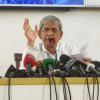
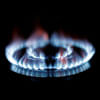
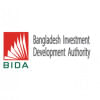
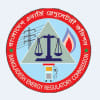



Comments